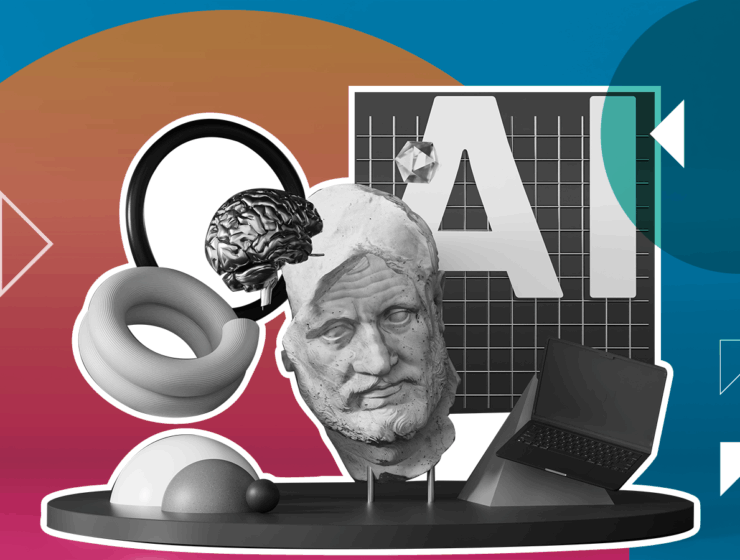During this year’s Cannes Lions, Advertising Week and Kindred joined forces to host Converge, a series of conversations about the future of mindful innovation in communications and creativity.


During this year’s Cannes Lions, Advertising Week and Kindred joined forces to host Converge, a series of conversations about the future of mindful innovation in communications and creativity.

The future of CTV advertising is rich with opportunity. With AI and blockchain at the helm, advertisers can expect more sophisticated targeting, enhanced fraud prevention, and greater contextual relevance.
Artificial Intelligence is no longer the future of marketing—it’s the now. From boosting productivity and precision to enabling smarter, more human-centered experiences, AI is revolutionizing how brands operate.

From privacy and data ethics to job disruption and creative dilution, AI in marketing is not without its complications. Here’s a closer look at the challenges marketers, businesses, and society at large must grapple with as this technology evolves.

Ultimately, AI has brought about a revolution in how advertising is created and delivered. It is both enabling faster ideation and creation, inspiring new directions, and even making it possible for advertisers to leverage new channels that reach audiences who had previously become unreachable.

In the always-evolving domain of digital media, where the potential for mismatches between ad content and the environment that surrounds it has exploded, ensuring ad compliance and brand safety have never been more vital.

In a world where AI can churn out content in seconds and mimic nearly any tone, one thing remains irreplaceable: lived human experience. Emotion isn’t coded — it’s felt.
We sat down with Cindy Chow of Alibaba during Viva Tech in Paris, to discuss about the future of commerce and retail, in light of what AI does and can do. Here is our exchange.
The future of marketing leadership will depend on professionals who can assess AI output critically, flag hallucinations, and blend automation with human insight and judgment.

The “Deepfakes, TikTok and Political Ads: Media Influence on the Upcoming Election” session, hosted by Advertising Week in partnership with Cint, dove into the powerful role media plays in shaping voter behavior ahead of critical elections.

More than a strategy, AI search is a powerful tool that opens up new upper-funnel opportunities for brands.
The products we use, support, and integrate into our lives will shape the AI landscape. Staying engaged, experimenting, and actively implementing AI isn’t just an opportunity—it’s the only way to ensure we’re not left behind.
Gen AI has brought great benefits to MMA, but unless brands, publishers, agencies and vendors take action to use it more sustainably, AI usage could turn the climate emergency into catastrophe.

Relevance is the new methodology, and more effective advertising is the outcome. The partnership of the two is a revolution for premium media owners.
Chaos holds the spark that transforms ordinary thinking into groundshaking “aha” moments. But, as we race deeper into an era defined by Generative AI, relentless automation, and frictionless efficiency, it’s all too tempting to think we should eliminate every rough edge.
To compete in the EV race and maintain global relevance, each company will need employees to believe in the direction and potential of their business. Culture and clarity are essential to uniting and galvanizing a workforce, but for companies of this size, they won’t just materialize.

Energy CMOs who embrace AI today will redefine customer relationships, optimize marketing efficiency, and build trust in an increasingly complex landscape. The ones who lead this shift won’t just see better marketing results — they’ll help shape the future of the energy industry itself.
One of the most powerful ways to build trust is to design with empathy. AI systems should be designed to reflect empathy and understanding of consumer needs.